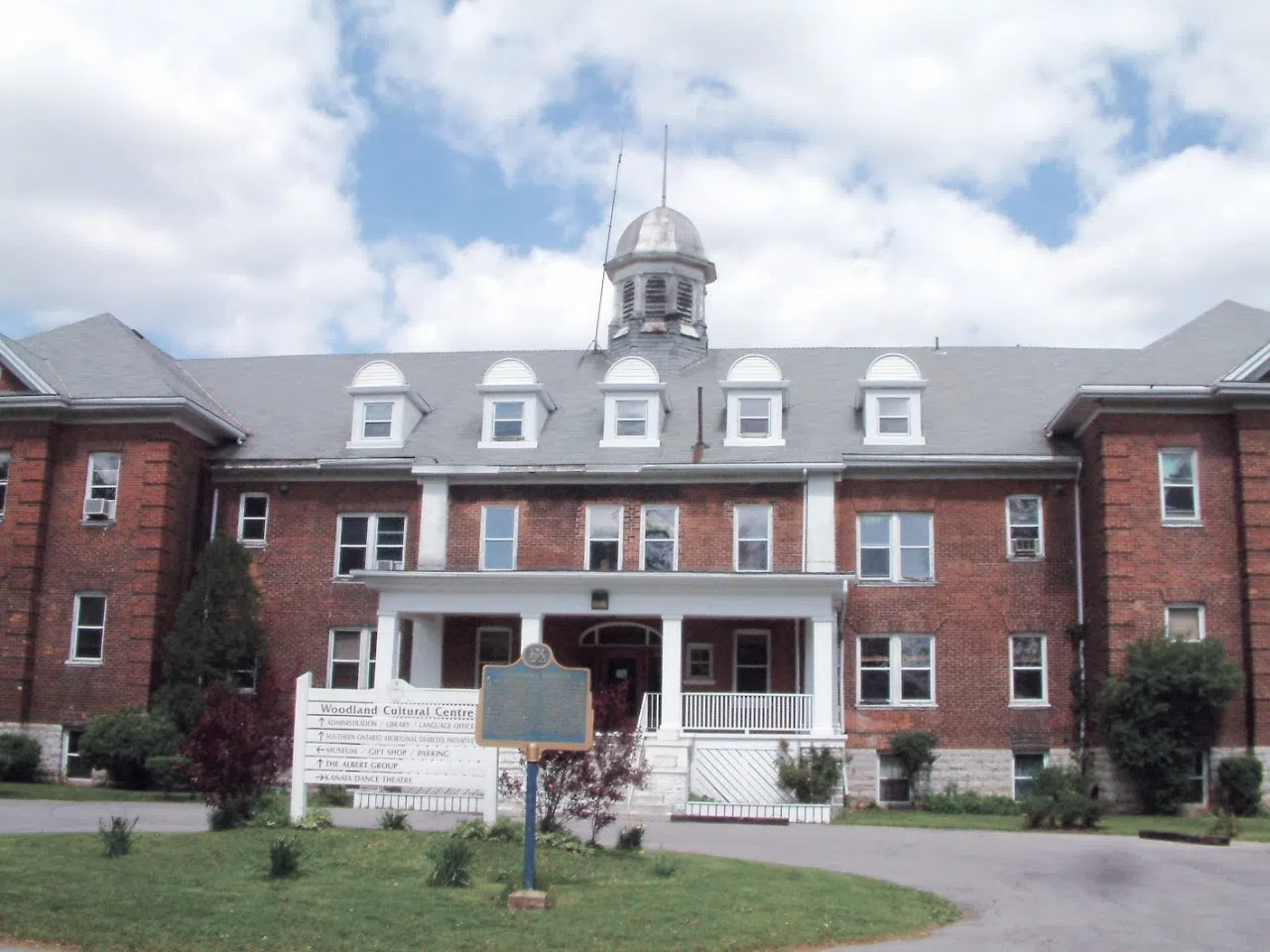
Mohawk Institue - Now Woodland Cultural Centre
Roberta Hill is a survivor of the Mohawk Institute Residential School in Brantford. She is also a member of the board of directors for the Survivors’ Secretariat and shared a harrowing account of life inside the institution.
She was taken there at the age of six in 1957, following the passing of her father and the hospitalization of her mother who had become sick. Hill was one of seven siblings, six entered the Mohawk Institute as orphans, while the youngest went to Lady Willingdon Hospital on the Ohsweken Reserve.
Hill recalls being separated from her brother and forbidden to communicate with him. Boys and girls were segregated and not allowed to play with one another. These were punishable offenses, so she rarely saw him.
Life was not comfortable in the Mohawk Institute, or “The Mush Hole” as survivors call it. A nickname that arose from the state of the food provided to the children. Survivors have described the food as slimy and wormy.
Children were made to finish their mush regardless of it’s state. Frankly, this would be the least of the abuse the children at “The Mush Hole” endured. Abuse and neglect by staff were widespread, with little oversight. The survivors were stripped of language and culture, part of a systemic effort to force assimilation.
Hill remained in “The Mush Hole” until 1961, when she and her sister Dawn were sent to a foster home in Durham County. Indigenous children were put up for adoption, sometimes while their parents were alive and well. Hill said her band prevented these adoptions, but not all were so fortunate.
Hearing the recounting isn’t easy and it’s upsetting. It’s shameful to think this happened in Canada. Can it be made right?
Hill now calls for truth and accountability from the government and church, highlighting the discovery of unmarked graves. As a director of the Survivor Secretariat, Hill and others work to identify missing children, demanding ceremonies and proper records for those lost.
This past summer the Government put a funding cap for organizations investigating unmarked burials and missing children. The cap represents an 86% reduction from the previous annual operating budget. This is seen as a contradiction of justice, transparency, and healing for Survivors of Indian Residential Schools and their families.
Hill stresses the need for more funding to uncover this dark history and to preserve the Mohawk Institute as evidence of past atrocities. She lived through abuse and neglect. She has read the recovered documents and has come to a bitter conclusion.
To support residential school survivors and learn more about their stories you can visit the Survivors’ Secretariat website and learn how to be an ally.
Written by Jeremy Hall